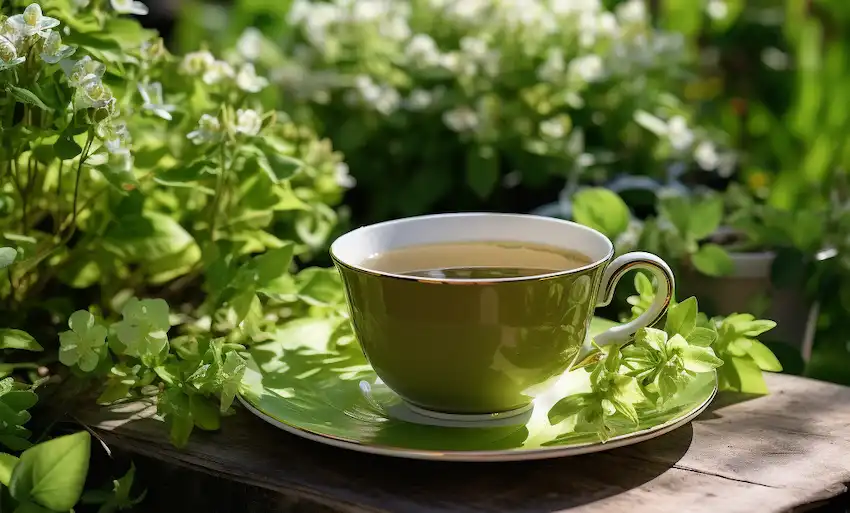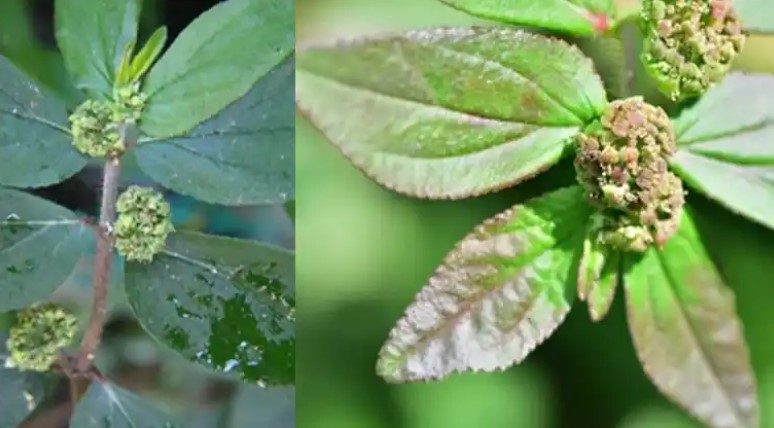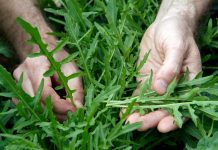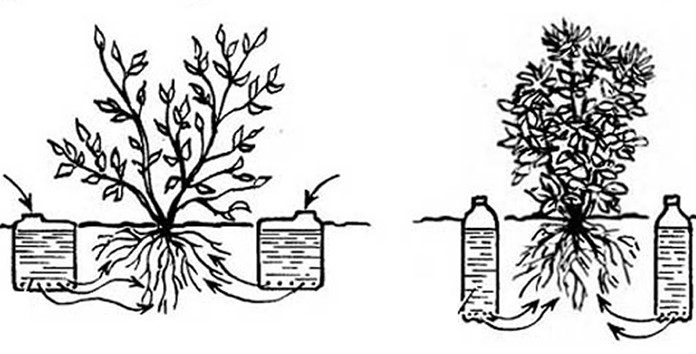Euphorbia hirta, commonly known as the asthma plant, is a herbaceous plant widely recognized in various traditional medicine systems. Its popularity stems from a multitude of uses ranging from treating respiratory ailments to gastrointestinal issues. This article delves into the diverse applications of Euphorbia hirta, exploring its traditional uses, methods of application, and the scientific basis behind its purported benefits.
Respiratory Benefits
One of the most notable uses of Euphorbia hirta is in treating respiratory conditions like asthma, bronchitis, and coughs. Traditionally, the leaves of the plant are brewed into a tea or decoction. This preparation is believed to possess bronchodilatory properties, helping to relax the bronchial muscles and ease breathing in asthmatic patients.
Gastrointestinal Uses
In the realm of gastrointestinal health, Euphorbia hirta is reputed for its antidiarrheal and anti-inflammatory properties. A decoction made from the leaves is often used to alleviate diarrhea and dysentery. The plant’s potential to reduce gastrointestinal spasms makes it a candidate for treating symptoms of irritable bowel syndrome (IBS) as well.
Dermatological Applications
Topically, Euphorbia hirta has been applied in the form of pastes or infusions to treat various skin conditions. It is used for warts, boils, rashes, and even as a potential wound-healing agent due to its purported antimicrobial and anti-inflammatory properties.
Antimicrobial Effects
The plant is known for its broad-spectrum antimicrobial properties, making it a potential natural remedy for bacterial, fungal, and viral infections. This application extends to both internal and external uses, though scientific evidence supporting its efficacy is still emerging.
Pain Relief and Anti-inflammatory Effects
The analgesic and anti-inflammatory properties of Euphorbia hirta make it a candidate for relieving pain and inflammation in conditions like arthritis, muscle strains, and headaches. Typically, the leaves are either consumed as a tea or applied topically as a poultice.
Antipyretic (Fever Reducing) Properties
Euphorbia hirta has traditionally been used as an antipyretic, meaning it is employed to reduce fever. In many cultures, a tea made from the leaves of the plant is consumed to help lower body temperature during fevers. The belief is that its natural compounds may have a cooling effect on the body, aiding in the management of feverish conditions. However, it’s important to note that while traditional use suggests efficacy, scientific research is needed to fully substantiate these claims.
Urinary Tract Disorders
Another traditional use of Euphorbia hirta is in the treatment of urinary tract disorders, including urinary infections and bladder inflammation. The plant is believed to have diuretic properties, promoting urine production and flow, which may help in flushing out infections from the urinary tract. A decoction or tea made from the leaves is typically used for this purpose. However, as with other uses, clinical evidence supporting this application is limited, and it’s crucial to consult healthcare professionals before using it for such conditions.
Antioxidant Properties
 With the increasing interest in antioxidants for general health, Euphorbia hirta’s potential antioxidant properties have garnered attention. These properties could have implications for combating oxidative stress, a factor in many chronic diseases.
With the increasing interest in antioxidants for general health, Euphorbia hirta’s potential antioxidant properties have garnered attention. These properties could have implications for combating oxidative stress, a factor in many chronic diseases.
Preparation and Usage
The most common method of using Euphorbia hirta is by preparing a tea or decoction from its leaves. To make this, fresh or dried leaves are boiled in water for a few minutes, and then the liquid is strained and consumed. For topical applications, the leaves are often ground into a paste and applied directly to the skin. The dosages and specific preparation methods can vary based on the condition being treated and local traditional practices.
Safety and Precautions
While Euphorbia hirta has a long history of traditional use, it’s crucial to approach its use with caution. Certain parts of the plant may be toxic if consumed in large quantities, and there could be side effects or interactions with other medications. It’s always recommended to consult with a healthcare professional before using Euphorbia hirta, especially for those who are pregnant, breastfeeding, or have pre-existing health conditions.
Euphorbia hirta, with its myriad of traditional uses, presents itself as a fascinating plant in the realm of herbal medicine. Its applications in treating respiratory issues, gastrointestinal disorders, skin conditions, and more highlight the plant’s versatility. However, despite its widespread traditional use, more scientific research is needed to fully understand its efficacy and safety. As with any herbal remedy, it should be used responsibly and with the guidance of a healthcare professional.










